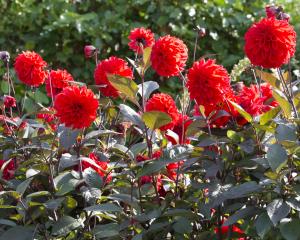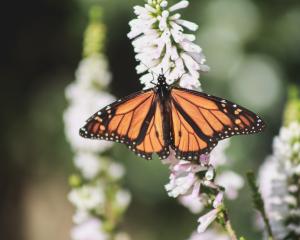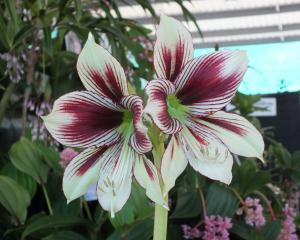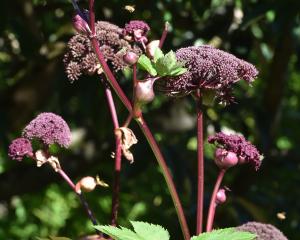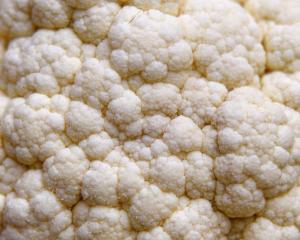In warm corners, in the greenhouse or under glass, a few seeds of cabbages, cauliflower and Brussels sprouts can be sown. Bolder gardeners may want to try their luck with lettuce, spinach and mini-carrots but the weather will determine success. Brussels sprouts should have priority in terms of seed-sowing, as they require the longest growing season of the brassicas, which include cabbage and cauliflower. Sprouts will take two to three months from sowing to transplanting into the garden where they are to mature. The earliest potatoes may be planted now but will need protection from frost when shoots come through. Rhubarb, Jerusalem artichokes and asparagus can be planted now.
Flowers
Although sowing may be weeks or even months away, do not delay buying seed, as popular varieties are first to go. Store seed in airtight containers in a cool place. Delphiniums are among the easiest perennials to grow from seed. Pacific Giants and Shogun will grow to 1m or more, while Delphinium grandiflorum will reach just 30cm. Delphiniums come in shades of blue, pinks and mauves, as well as white. Seed needs warm conditions (18degC to 20degC) to germinate, so do not rush to sow it. If the weather is fine and the soil not waterlogged, Michaelmas daisies, delphiniums, penstemons and phlox can be broken up then replanted in well-composted soil to give better flowers over the next two or three seasons. Protect from slugs and snails by surrounding the plants with dry sawdust. To divide these hardy perennials, lift the clumps with a fork, then use a sharp spade to slice through the plant.
Fruit
Keeping the ground clear around apple, pear and stonefruit trees will help keep the trees free of disease. Do not leave fruit on trees over winter and always gather windfalls and prunings. Heritage fruit trees are gaining popularity. Many ceased to be commercially produced because of uneven fruit shape or size, inability to store well over long periods or a biennial fruiting cycle. None of these factors should deter the home gardener. Old varieties are often more disease-resistant than modern cultivars, making them suitable for organic gardening or for those who do not have time to spray.

